Research
We are witnessing the beginning of a new generation of medicine. The unprecedented amount of large-scale next-generation sequencing data from patients with cancer and other diseases makes data science and artificial intelligence (AI) play a pivotal role in biomedical research. The pressing question is how to best translate the accumulated data into a more effective practice of medicine. This question forms the cornerstone of our research articles.
Highlighted

Synthetic lethality-mediated precision oncology via the tumor transcriptome
Cell
·
01 Apr 2021
·
doi:10.1016/j.cell.2021.03.030
All
2024

Accurate Spatial Gene Expression Prediction by integrating Multi-resolution features
arXiv
·
26 Apr 2024
·
arxiv:2403.07592

A systematic analysis of the landscape of synthetic lethality-driven precision oncology
Med
·
01 Jan 2024
·
doi:10.1016/j.medj.2023.12.009
2023
Increased interleukin-6/C-reactive protein levels are associated with the upregulation of the adenosine pathway and serve as potential markers of therapeutic resistance to immune checkpoint inhibitor-based therapies in non-small cell lung cancer
Journal for ImmunoTherapy of Cancer
·
01 Oct 2023
·
doi:10.1136/jitc-2023-007310
2022
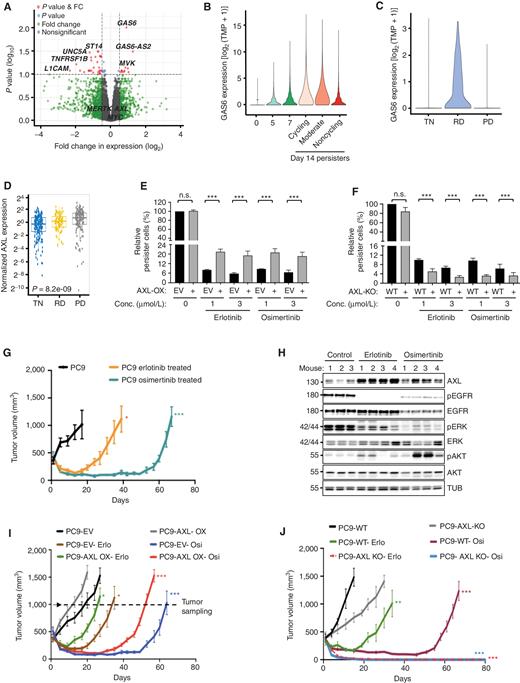
AXL and Error-Prone DNA Replication Confer Drug Resistance and Offer Strategies to Treat EGFR-Mutant Lung Cancer
Cancer Discovery
·
27 Jul 2022
·
doi:10.1158/2159-8290.CD-22-0111

Nucleoporin-93 reveals a common feature of aggressive breast cancers: robust nucleocytoplasmic transport of transcription factors
Cell Reports
·
01 Feb 2022
·
doi:10.1016/j.celrep.2022.110418
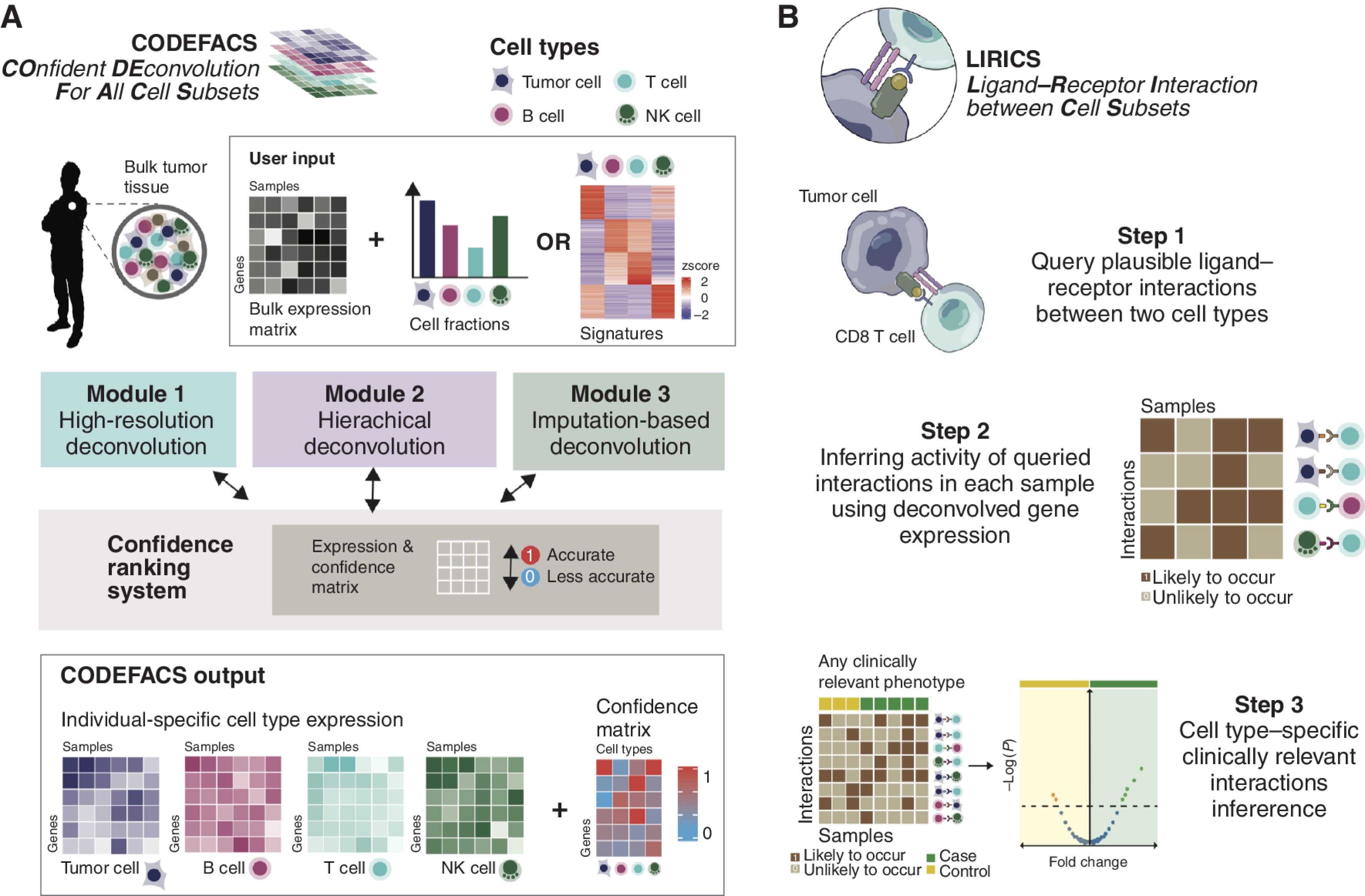
Deconvolving Clinically Relevant Cellular Immune Cross-talk from Bulk Gene Expression Using CODEFACS and LIRICS Stratifies Patients with Melanoma to Anti–PD-1 Therapy
Cancer Discovery
·
04 Jan 2022
·
doi:10.1158/2159-8290.CD-21-0887
2021
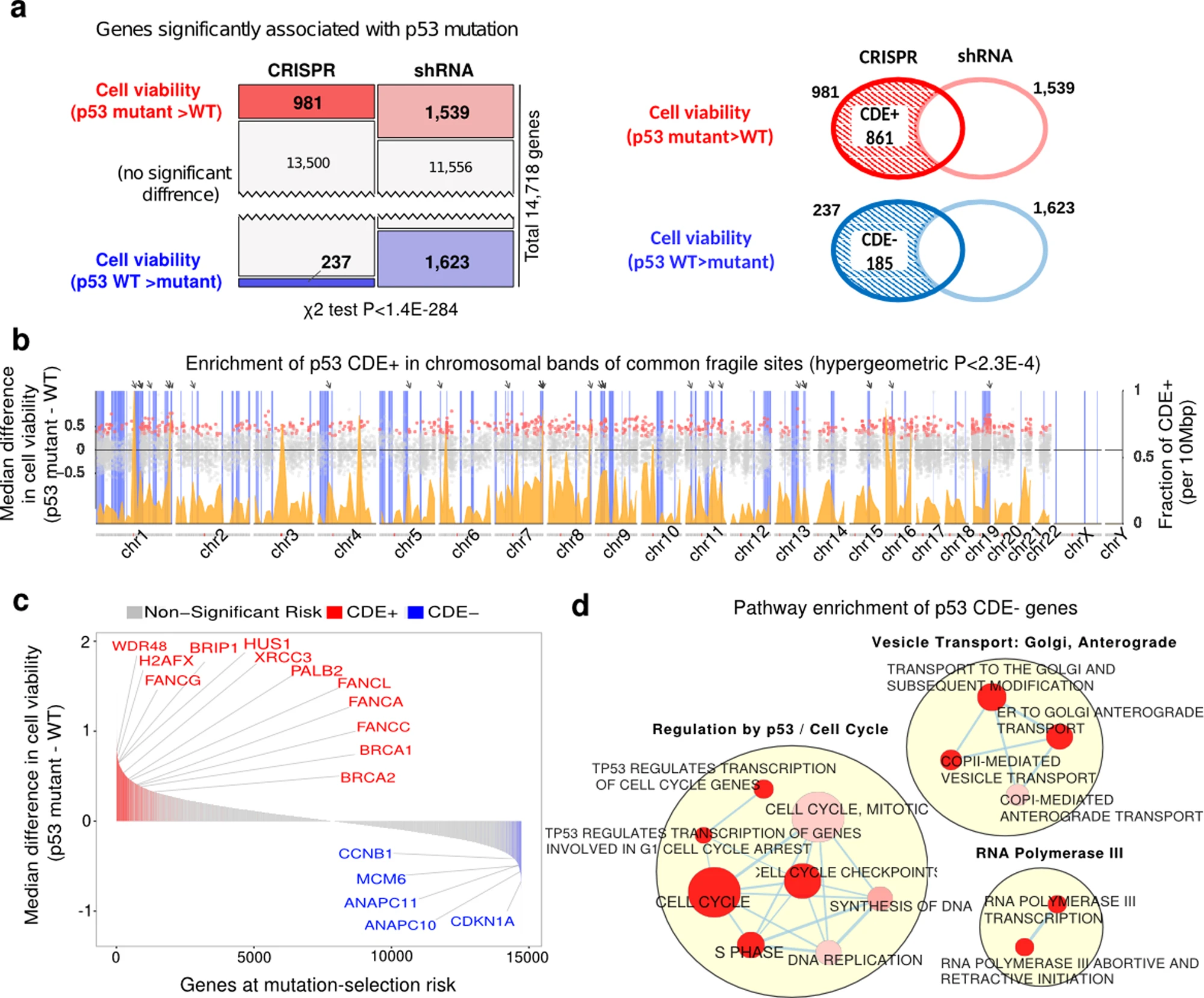
A systematic genome-wide mapping of oncogenic mutation selection during CRISPR-Cas9 genome editing
Nature Communications
·
11 Nov 2021
·
doi:10.1038/s41467-021-26788-6

Synthetic lethality-mediated precision oncology via the tumor transcriptome
Cell
·
01 Apr 2021
·
doi:10.1016/j.cell.2021.03.030
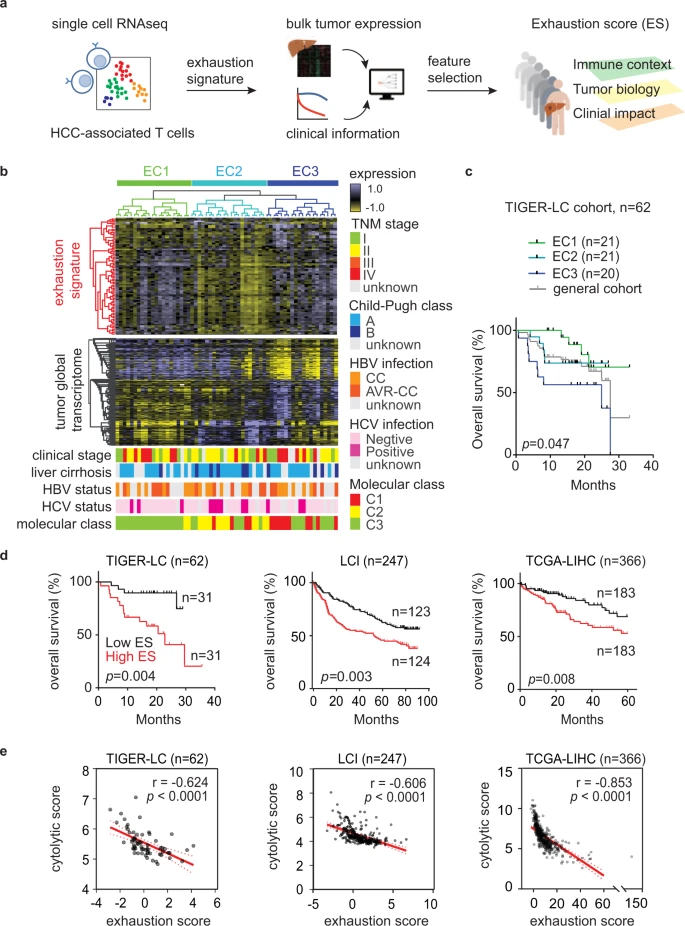
Tumor methionine metabolism drives T-cell exhaustion in hepatocellular carcinoma
Nature Communications
·
05 Mar 2021
·
doi:10.1038/s41467-021-21804-1
2020
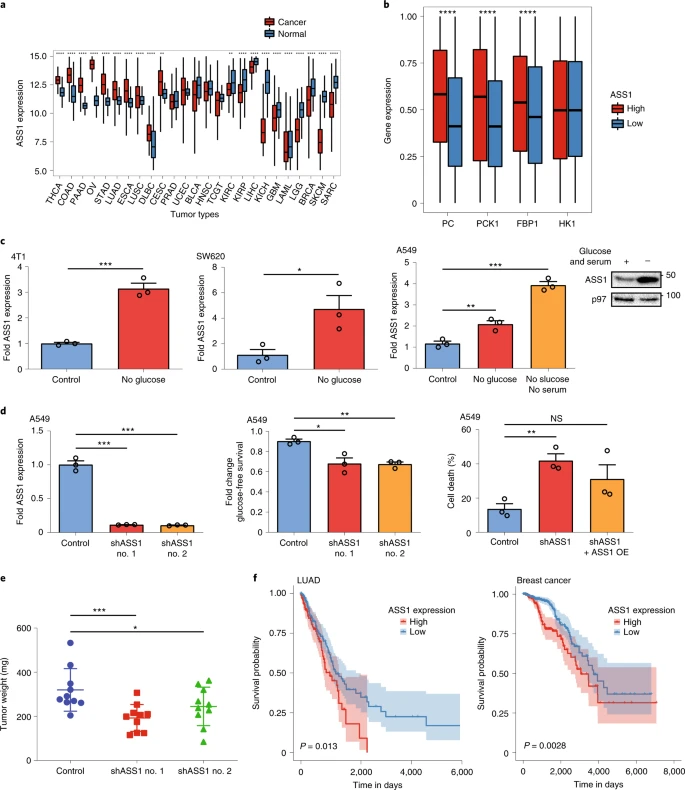
Targeting purine synthesis in ASS1-expressing tumors enhances the response to immune checkpoint inhibitors
Nature Cancer
·
31 Aug 2020
·
doi:10.1038/s43018-020-0106-7
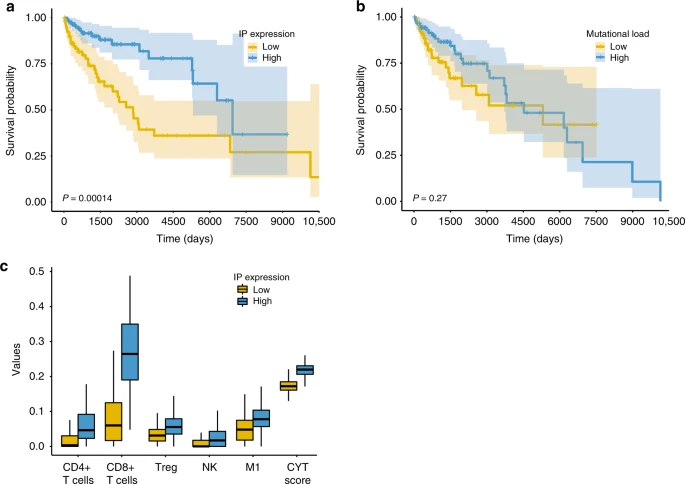
Immunoproteasome expression is associated with better prognosis and response to checkpoint therapies in melanoma
Nature Communications
·
14 Feb 2020
·
doi:10.1038/s41467-020-14639-9
2019
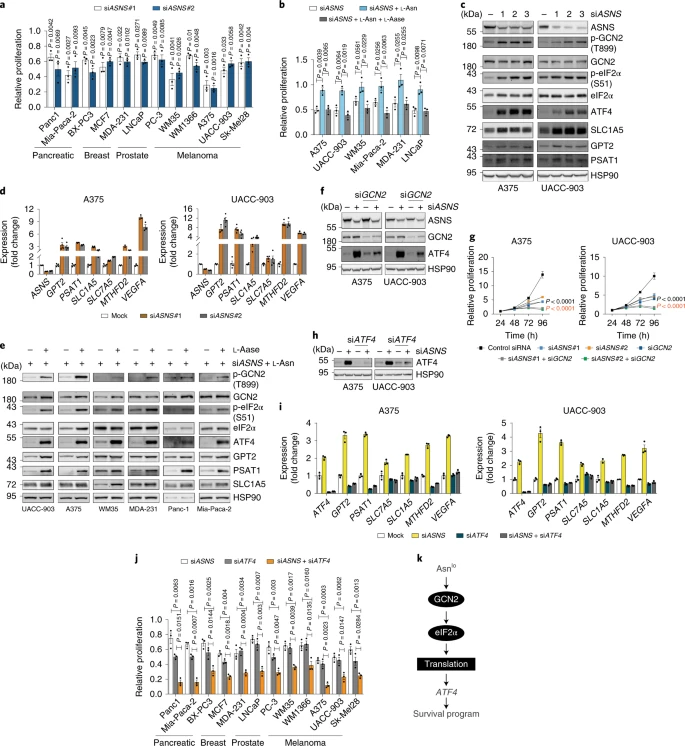
Translational reprogramming marks adaptation to asparagine restriction in cancer
Nature Cell Biology
·
18 Nov 2019
·
doi:10.1038/s41556-019-0415-1

Multiomics Prediction of Response Rates to Therapies to Inhibit Programmed Cell Death 1 and Programmed Cell Death 1 Ligand 1
JAMA Oncology
·
01 Nov 2019
·
doi:10.1001/jamaoncol.2019.2311

A Platform of Synthetic Lethal Gene Interaction Networks Reveals that the GNAQ Uveal Melanoma Oncogene Controls the Hippo Pathway through FAK
Cancer Cell
·
01 Mar 2019
·
doi:10.1016/j.ccell.2019.01.009
2018

Urea Cycle Dysregulation Generates Clinically Relevant Genomic and Biochemical Signatures
Cell
·
01 Sep 2018
·
doi:10.1016/j.cell.2018.07.019
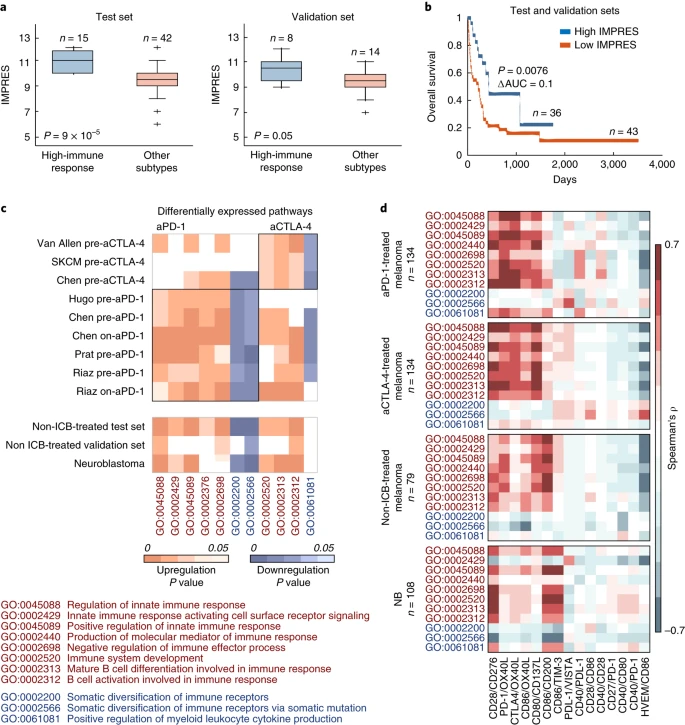
Robust prediction of response to immune checkpoint blockade therapy in metastatic melanoma
Nature Medicine
·
20 Aug 2018
·
doi:10.1038/s41591-018-0157-9
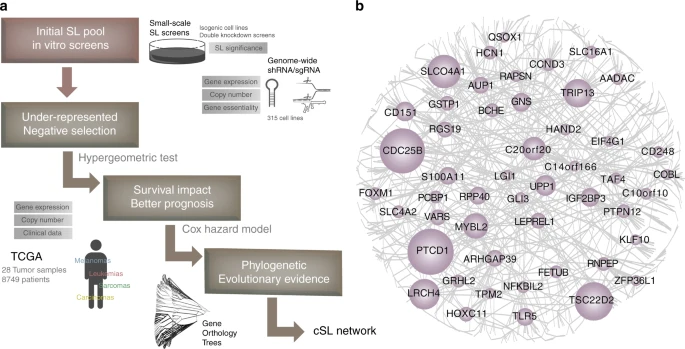
Harnessing synthetic lethality to predict the response to cancer treatment
Nature Communications
·
29 Jun 2018
·
doi:10.1038/s41467-018-04647-1
